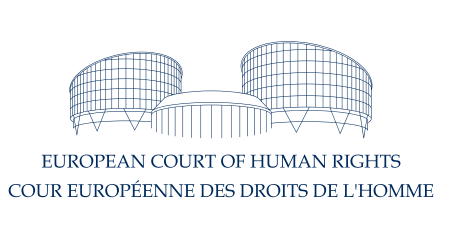On 21 November 2019, the Grand Chamber of the European Court of Human Rights (GC) delivered its judgment on the detention in the Röszke transit zone and their subsequent removal to Serbia. The case was referred to the GC by the Hungarian government following the Chamber judgment delivered on 14 March 2017. The case concerned two Bangladeshi nationals who transited through Greece, the former Yugoslav Republic of Macedonia and Serbia before reaching Hungary, where they applied for asylum. They were subsequently held in a transit zone for 23 days before they were returned to Serbia.
The GC ruled that the Hungarian authorities did not act in compliance with their duty to rigorously assess the applicants’ risk of inhuman and degrading treatment in the event of return to Serbia, or by further refoulement to Greece. It reiterated that it is the duty of the removing State to examine thoroughly the question whether or not there is a real risk of the asylum seeker being denied access, in the receiving third country, to an adequate asylum procedure protecting him or her against refoulement. If it is established that the existing guarantees in this regard are insufficient, Article 3 implies a duty that the asylum seekers should not be removed to the third country concerned.
The GC further found that when an application is not examined on its merits, it cannot be known whether an Article 3 risk exists unless a thorough and comprehensive legal procedure to assess the existence of such risks takes place. Indeed, the Hungarian authorities did not take into account available and reliable information regarding the risk of refoulement from Serbia, administrative deficiencies to assess asylum claims, or denials of the right to apply for asylum for readmitted persons. Although the applicants were able to make detailed submissions in the domestic proceedings and were legally represented, the GC was not convinced that this demonstrated that the national authorities had given sufficient attention to the risks of denial of access to an effective asylum procedure in Serbia. The GC therefore found that Hungary had acted contrary to Article 3 ECHR.
Notwithstanding this, the GC found that the material detention conditions in the transit zone as well as the length of detention did not reach the threshold of severity to find a violation under Article 3. Although applicants of international protection are considered to be a vulnerable group due to their past experiences, it was deemed that there was no evidence to support that the applicants were more vulnerable than any other adult detained in the transit zone.
Furthermore, the GC’s majority declared inadmissible the applicants’ complaints under Articles 5 § 1 and 5 § 4. It noted that while the applicants’ freedom of movement had been significantly restricted, it was deemed to be necessary in relation to their asylum procedures. It added, inter alia, that the applicants were not prevented from leaving of their own free will to another country other than Serbia and would not face a direct threat to their life. The GC therefore concluded that the applicants had not been deprived of their liberty within the meaning of Article 5. Article 5 could not be seen as applicable to their situation in a land border transit zone where the applicants awaited the examination of their asylum claims, on the grounds that the authorities had not complied with their separate duties under Article 3.

